
The snow leopard: elegant and elusive species:
Affected by: Habitat loss and fragmentation , Climate change , Human wildlife conflict , Illegal wildlife trade
The elegant and well-camouflaged snow leopard is one of the world’s most elusive cats. Thinly spread across 12 countries in central and south Asia, it’s at home in high, rugged mountain landscapes. But habitat deterioration, loss of prey species, retaliatory killings due to human-wildlife conflict, poaching and climate change are now threatening their survival.
The snow leopard has a beautiful, spotted coat, thick enough to insulate them from the cold. Their wide, fur-covered feet distribute their weight over soft snow.
Snow leopards are solitary creatures, and skilful predators, able to kill prey up to three times their own weight in challenging terrain. It’s been found that poaching and retaliatory killing (as a consequence of a snow leopard killing livestock) are sometimes linked, and the attitudes and support from local communities living in these remote mountain areas are critical to the success of snow leopard conservation.
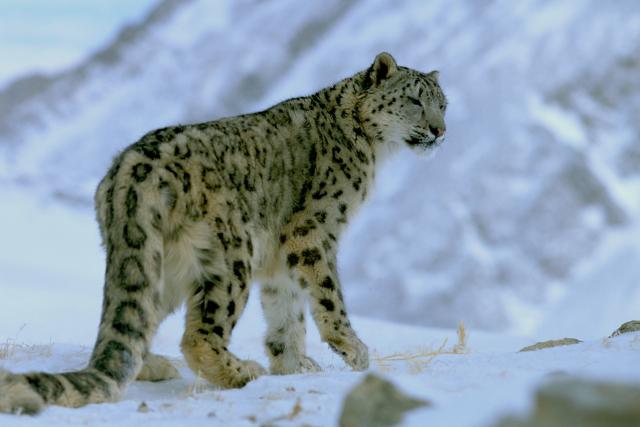
Where snow leopards live
Snow leopards are sparsely distributed across 12 countries in central and south Asia, from southern Russia down to the Tibetan plateau, including Mongolia, China, Afghanistan, Pakistan, India and Nepal.
They’re usually at home in high, rugged mountain landscapes at heights of over 3,000 metres.
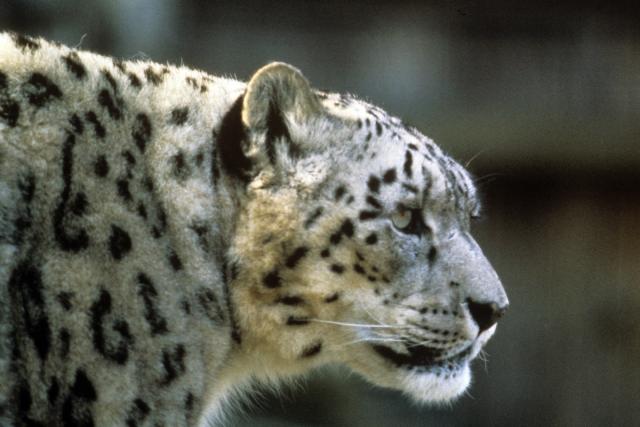
Why snow leopards are so important
Snow leopards are top predators in their environment, and their prey include mountain sheep and goats. Without the snow leopard, the ecological balance would be disrupted. For example, herbivore populations would increase, resulting in changes to the vegetation, also affecting other wildlife that live in these areas.
The same mountainous landscape also contributes to human wellbeing, locally and regionally. They provide natural resources upon which millions of people depend in addition to being headwaters for river systems that benefit over 2 billion of the world’s human population. So by protecting the snow leopard, we’re benefitting the whole natural environment in these areas and the people who rely on it.

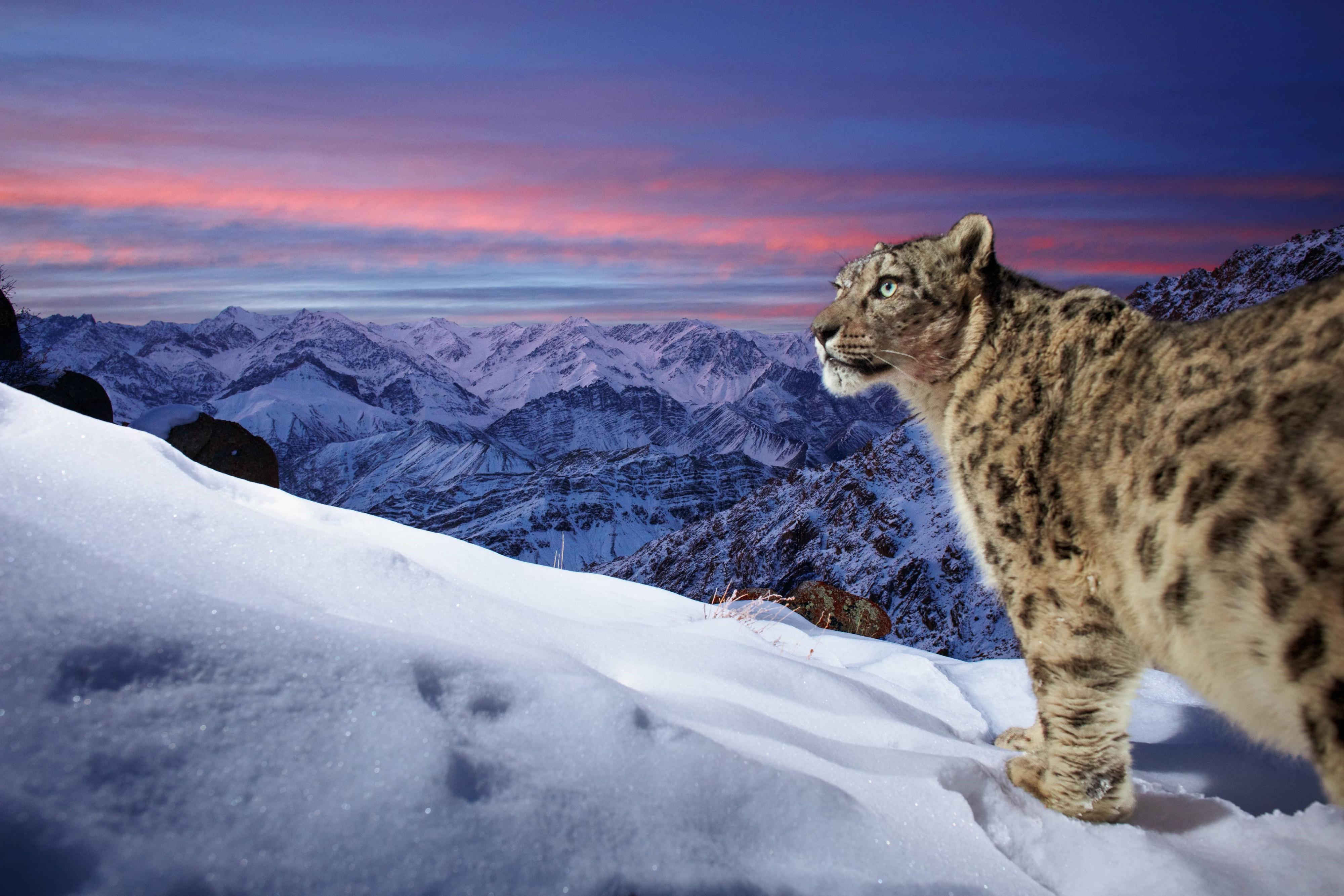
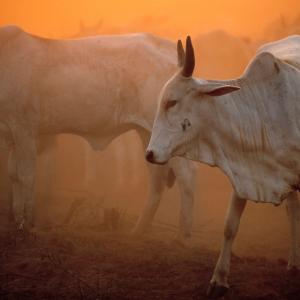
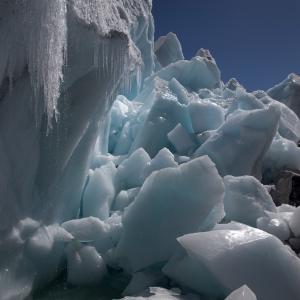
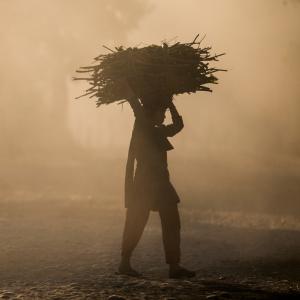
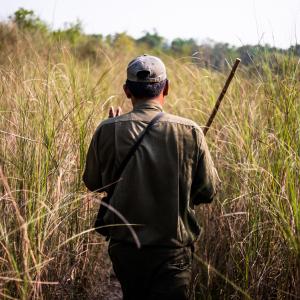

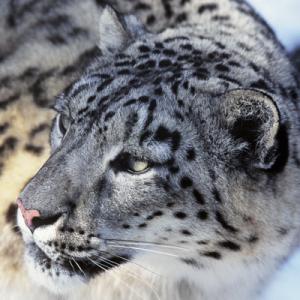 Snow leopard quiz
Snow leopard quiz
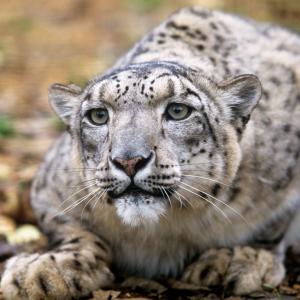 Top 10 facts about Snow Leopards
Top 10 facts about Snow Leopards
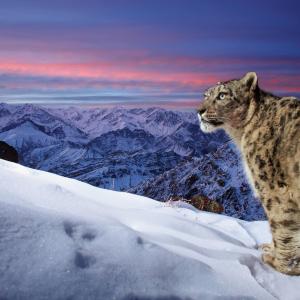 International Snow Leopard Day 2026
International Snow Leopard Day 2026
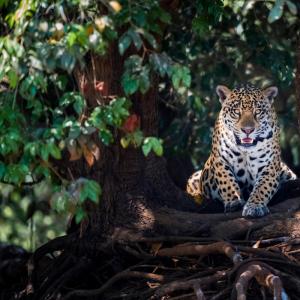 Jaguar
Jaguar